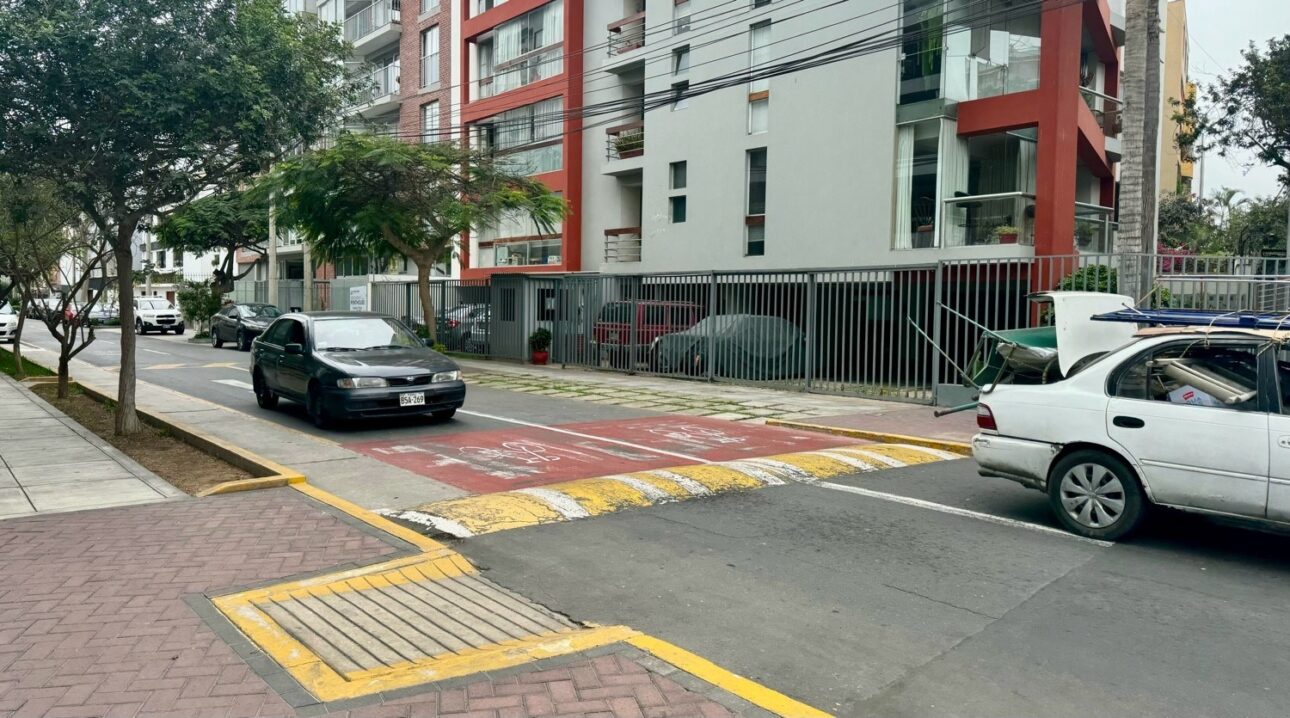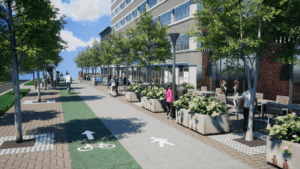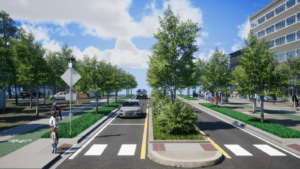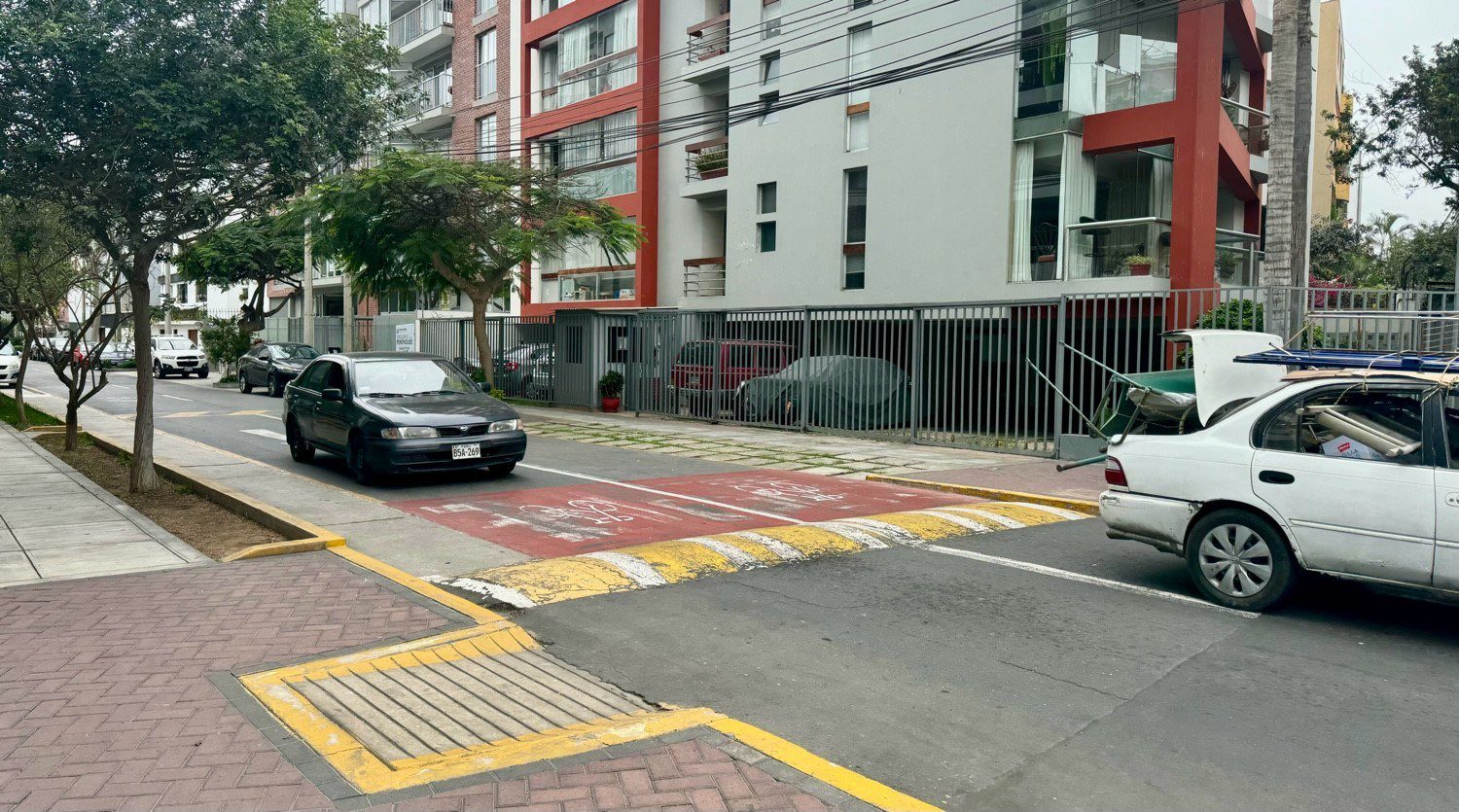
Lima’s Speed Bumps at Intersections
Lima’s traffic calming strategy stands out for its utilization of speed bumps at intersections. While speed bumps are commonly used worldwide to slow down vehicles on straight stretches of road, Lima’s approach focuses on installing them at uncontrolled intersections. This innovative approach has gained popularity and acceptance among drivers in the city.
Speed bumps reduce speed at uncontrolled intersections, where there are no traffic signals or stop signs. Uncontrolled intersections can be prone to accidents due to vehicles failing to yield the right of way. Lima’s solution is to install speed bumps at these intersections, compelling drivers to slow down and exercise caution as they approach.
In addition to speed bumps, Lima has deployed bollards in certain areas to further reduce the speed of turning vehicles. Bollards are sturdy posts or barriers placed strategically to guide drivers and discourage high-speed turns.
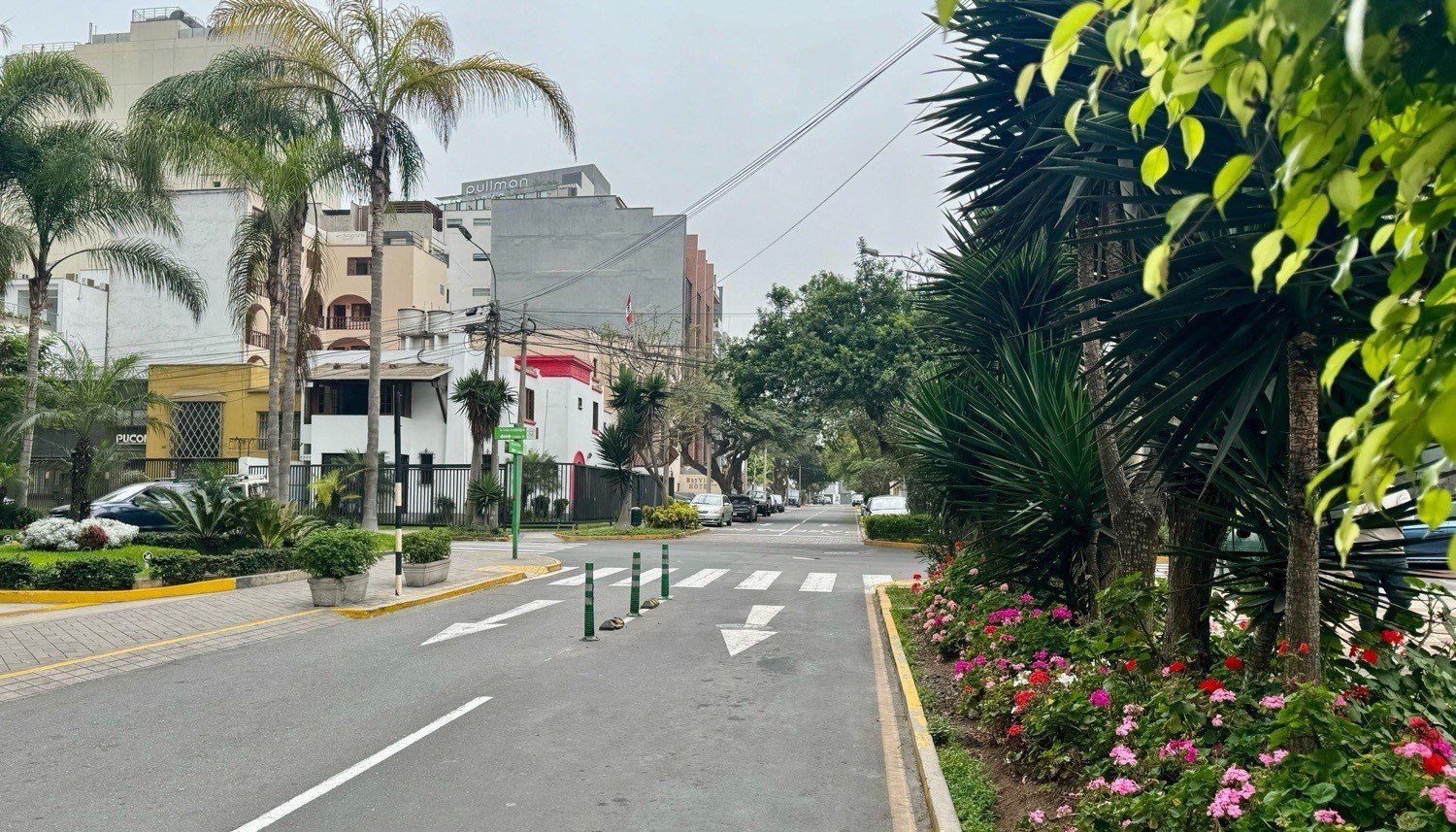
Contrast with US Traffic Calming Practices
Lima’s approach to traffic calming, particularly the use of speed bumps at intersections, differs from the typical traffic calming practices in the United States. In the US, traffic calming often involves measures like speed humps on straight road segments, chicanes, roundabouts, and narrowing roadways. While these methods can be effective, Lima’s focus on uncontrolled intersections presents an alternative solution to address specific challenges in dense urban environments.
Addressing Unwarranted Intersections
One of the challenges Lima faces is the presence of numerous unwarranted intersections, which can complicate traffic flow and contribute to congestion. By installing speed bumps at these intersections, the city aims to bring a degree of order and safety to these unregulated junctions.
Lack of Awareness and Adoption of Basic Traffic Control Devices
Another issue Lima is addressing is the lack of awareness and adoption of basic traffic control devices, such as stop signs. In some cases, drivers might ignore or disregard stop signs, leading to dangerous situations. Speed bumps at intersections serve as a tangible reminder for drivers to slow down and exercise caution, even at uncontrolled junctions.
Lessons Learned from Lima
Lima’s approach to traffic calming highlights the importance of tailoring solutions to the specific challenges faced by a city. While conventional traffic calming measures are effective in many contexts, innovation and adaptability are essential when addressing unique urban traffic issues.
By embracing speed bumps at intersections and deploying bollards strategically, Lima has made its roads safer and improved traffic flow, all while gaining the acceptance of its drivers. The city’s approach offers valuable lessons for other urban areas grappling with similar challenges.
Lima’s use of speed bumps at intersections provides an intriguing perspective on traffic calming. While it may deviate from traditional practices seen in the United States, it demonstrates the importance of flexibility and innovation in addressing urban traffic challenges. By tailoring solutions to their specific needs, cities like Lima can make their streets safer and more efficient for everyone.
